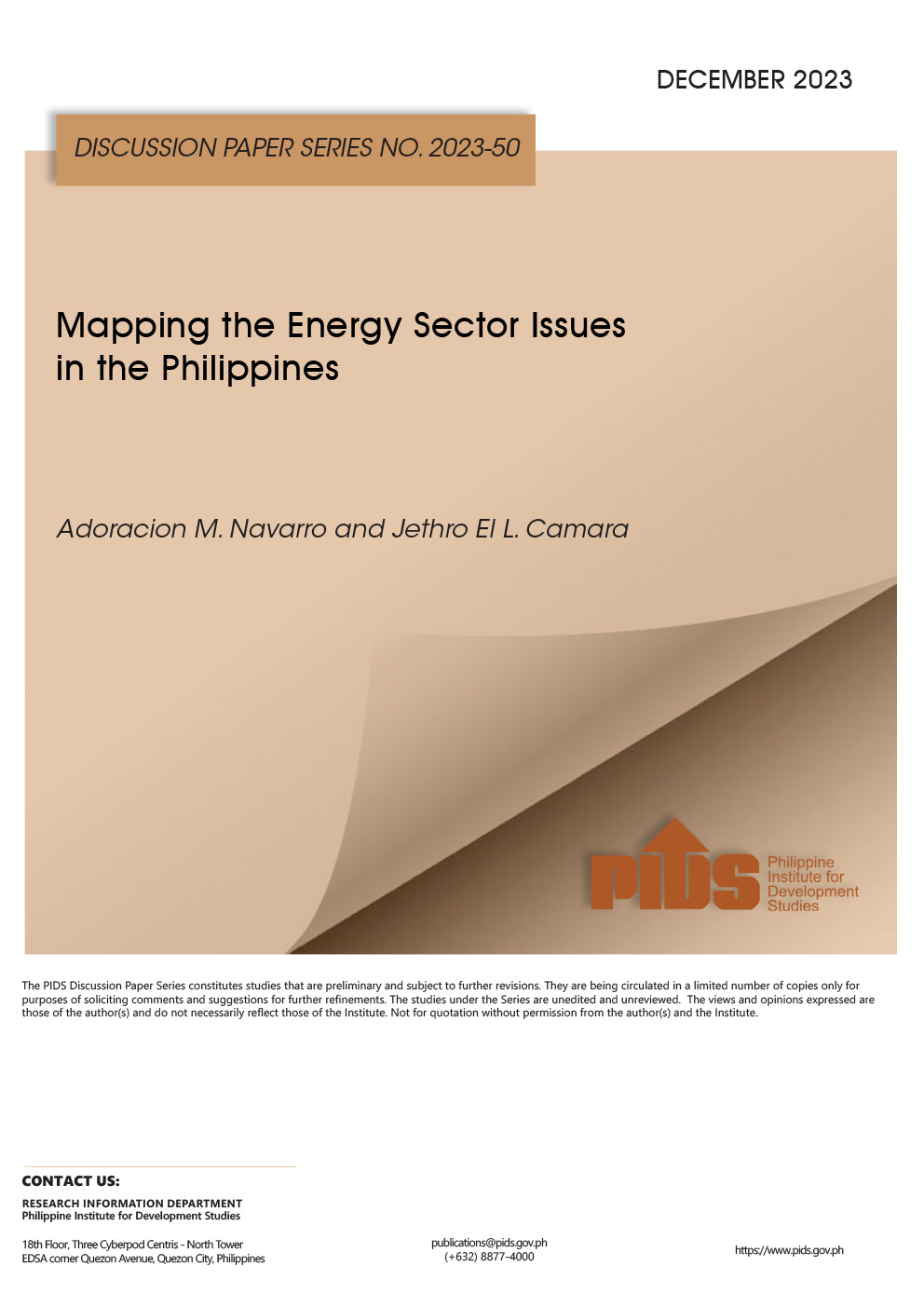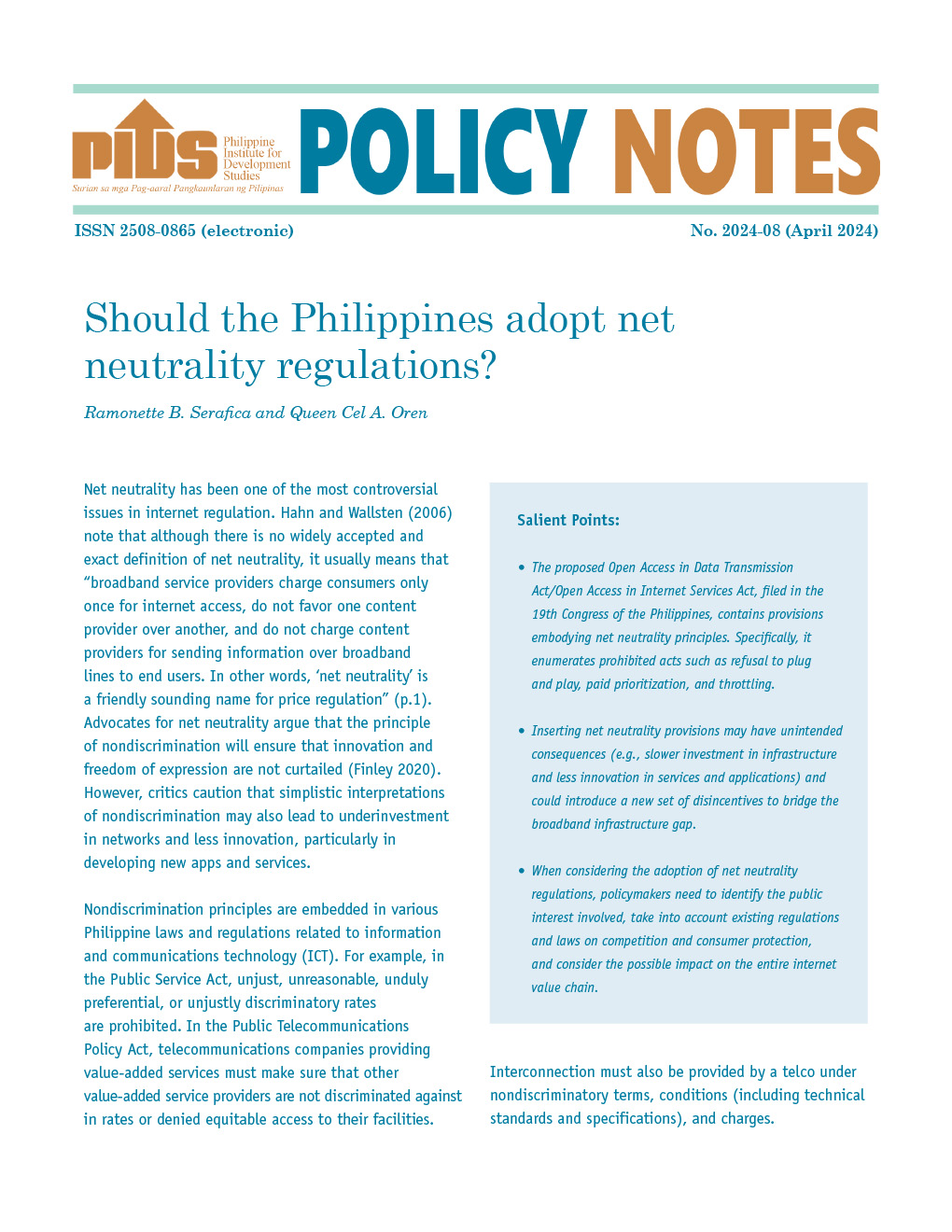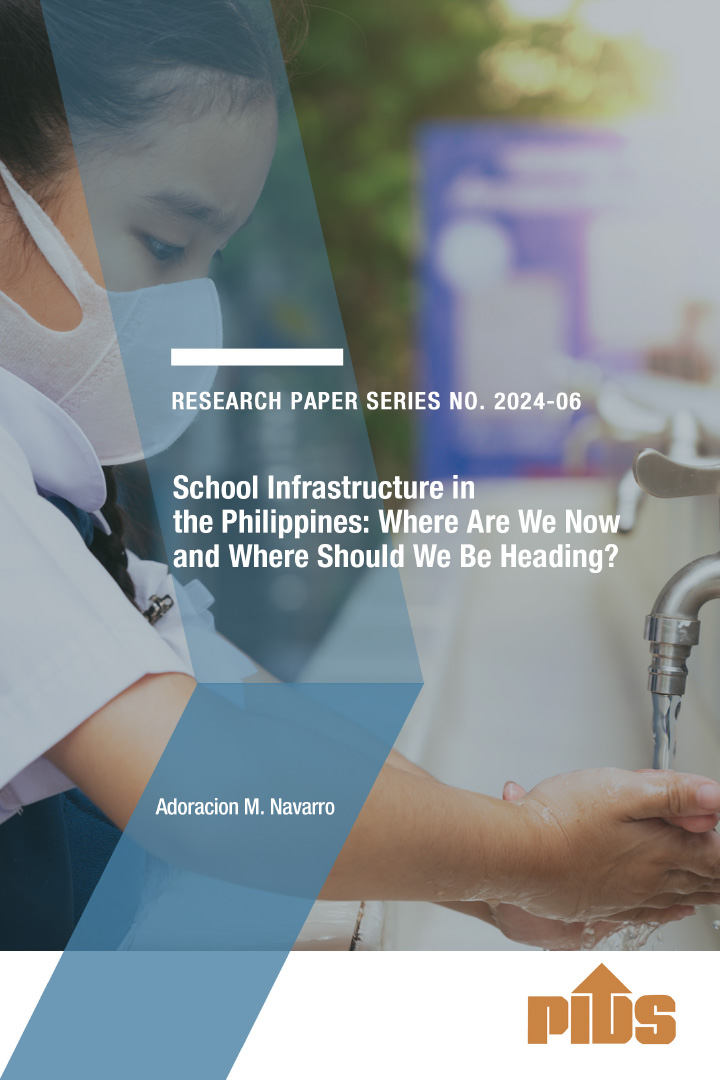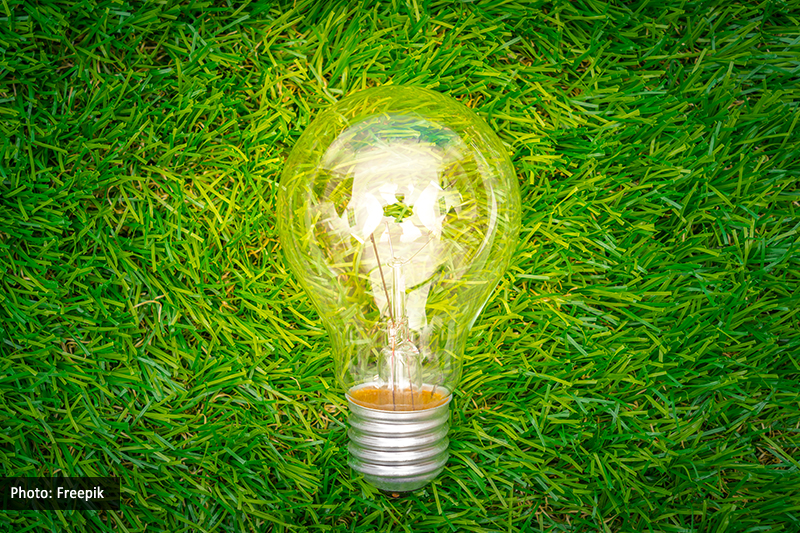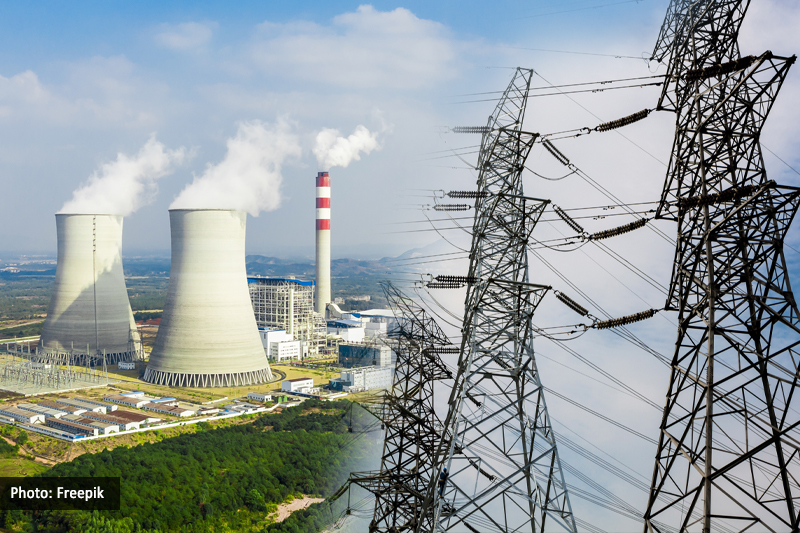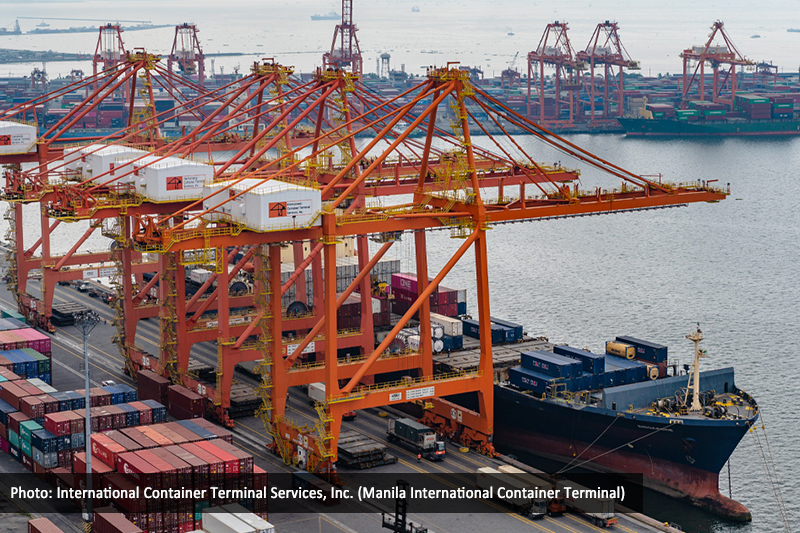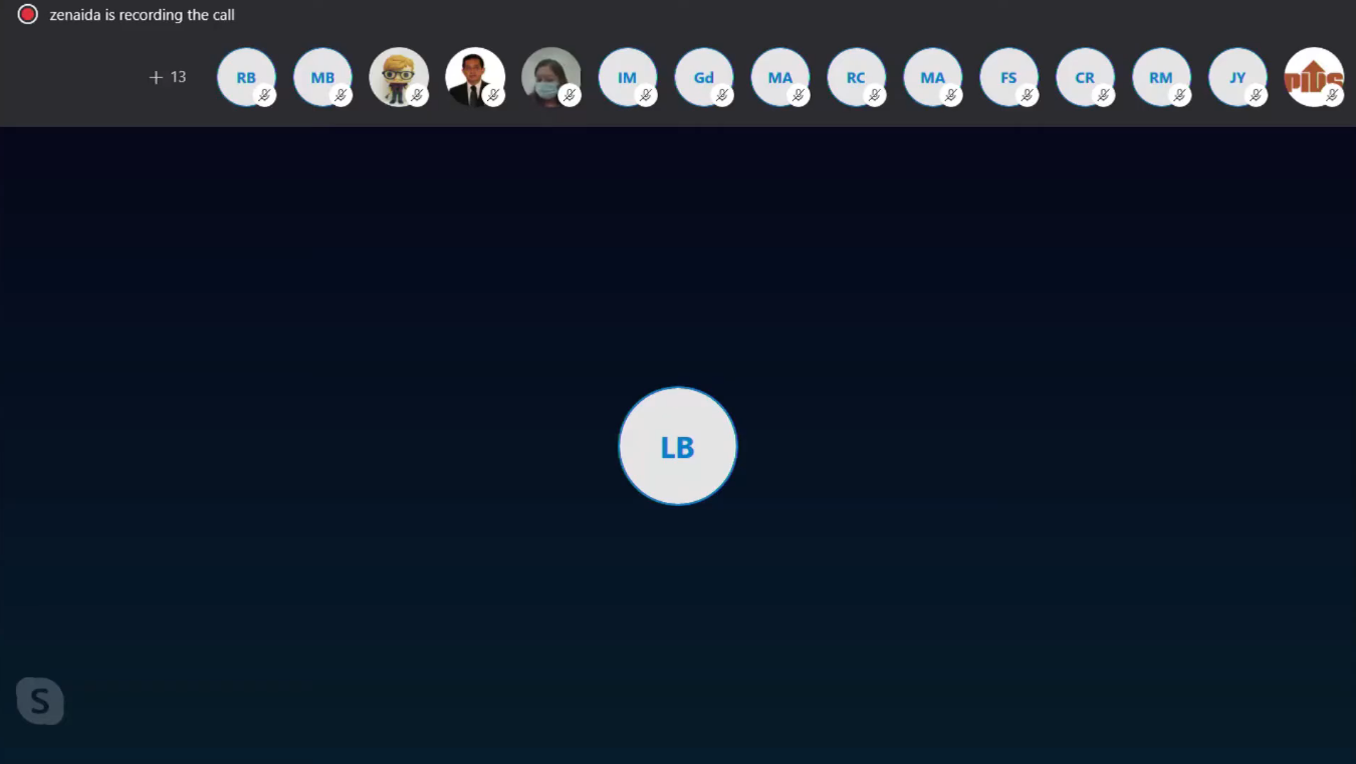The Covid-19 pandemic has changed many aspects of our lives. It shuttered schools, businesses and workplaces and forced millions to stay at home. Health authorities limited our social interactions in their effort to contain the spread of the virus. As a consequence, Internet usage has increased all over the world. While online services became an essential lifeline for many Filipinos during the pandemic, more than 30 million citizens still have no Internet access.
The Philippine Digital Economy Report 2020 of the World Bank said the pandemic has accelerated the adoption and use of digital technologies in the country. However, digitalization is largely constrained by the low high-speed broadband penetration, which lags behind neighboring middle-income countries. “The digital divide in the Philippines is large, with nearly 60 percent of households not having access to the Internet,” the report said.
“The relatively poor performance in digital adoption can be traced to a multitude of factors, including the high cost and uneven quality of Internet, limited adoption of digital payments, expensive logistics, and a business environment with low levels of competition,” the report said.
The World Bank said increasing digital penetration in the Philippines requires the following: upgrading the country’s digital infrastructure as Internet connection is a prerequisite to participation in the digital economy; harnessing market opportunities provided by digital payments and online platforms; improving the efficiency and effectiveness of the country’s logistics system; and improving the business environment.
The Philippine Institute for Development Studies (PIDS) said in a 2021 paper that “despite the widespread cellphone signal coverage and mobile device ownership, Internet usage in the country remains low owing to poor and expensive Internet connectivity and inadequate digital infrastructure, especially outside the national capital region.” Majority of households that do not have an Internet connection cited high cost and unavailability of Internet service in their area as main barriers to access.
The amendment of the Public Service Act (PSA), which allows up to 100 percent foreign ownership of public services in the country, including telecommunications, has changed the investment landscape. For example, Elon Musk’s SpaceX officially launched its low earth orbit (LEO) satellite Internet service Starlink in the Philippines in February.
As of January 2023, there were 85.16 million Internet users in the Philippines. The country’s Internet penetration rate stood at 73.1 percent of the total population at the start of 2023. Most of the country’s Internet users, however, are complaining about uneven quality of Internet services and the high cost they have to pay amid intermittent Internet problems.
Senator Jinggoy Estrada is asking Congress to pass a law requiring telecommunication companies and Internet service providers (ISPs) to automatically refund subscribers when they experience at least 24 hours of accumulated service interruptions within a month. The senator said Senate Bill 2074, or the proposed Refund for Internet and Telecommunications Service Outages and Disruptions Act, once enacted into law will require public telecommunication entities and ISPs to institute a mechanism that will enable them to automatically refund or adjust the bills of their postpaid and prepaid subscribers whenever there are service disruptions.
Navotas Representative Toby Tiangco, chairperson of the House committee on information and communications technology, earlier filed House Bill No. 4659, which also seeks to compel telecommunication firms and ISPs to offer an automatic refund to customers affected by Internet service disruptions.
“Bakit tayo magbabayad sa serbisyong hindi naman natin napakinabangan?” Estrada asked, adding that “genuine accessibility can only be achieved if the connection services are regular, reliable, consistent, uninterrupted, and fast to allow continuity of activities and interconnection among different users.”
The high cost and low service quality offered by Internet providers has been exasperating for millions of Filipinos. To our telcos and Internet service providers, here’s an unsolicited advice: Don’t wait for the 19th Congress to pass the proposed automatic refund measure. You can change the resentment or bitterness of your customers who feel being unfairly charged for Internet service outages. Create goodwill by announcing your own rebate or refund program for subscribers who experience Internet service interruptions. You may not be providing ideal Internet services, but if you can make customers feel they are fairly treated, they will do an effective marketing for you through word of mouth or the click of a mouse.
Remember: You have no revenue, no profit, and no business without your customers.

